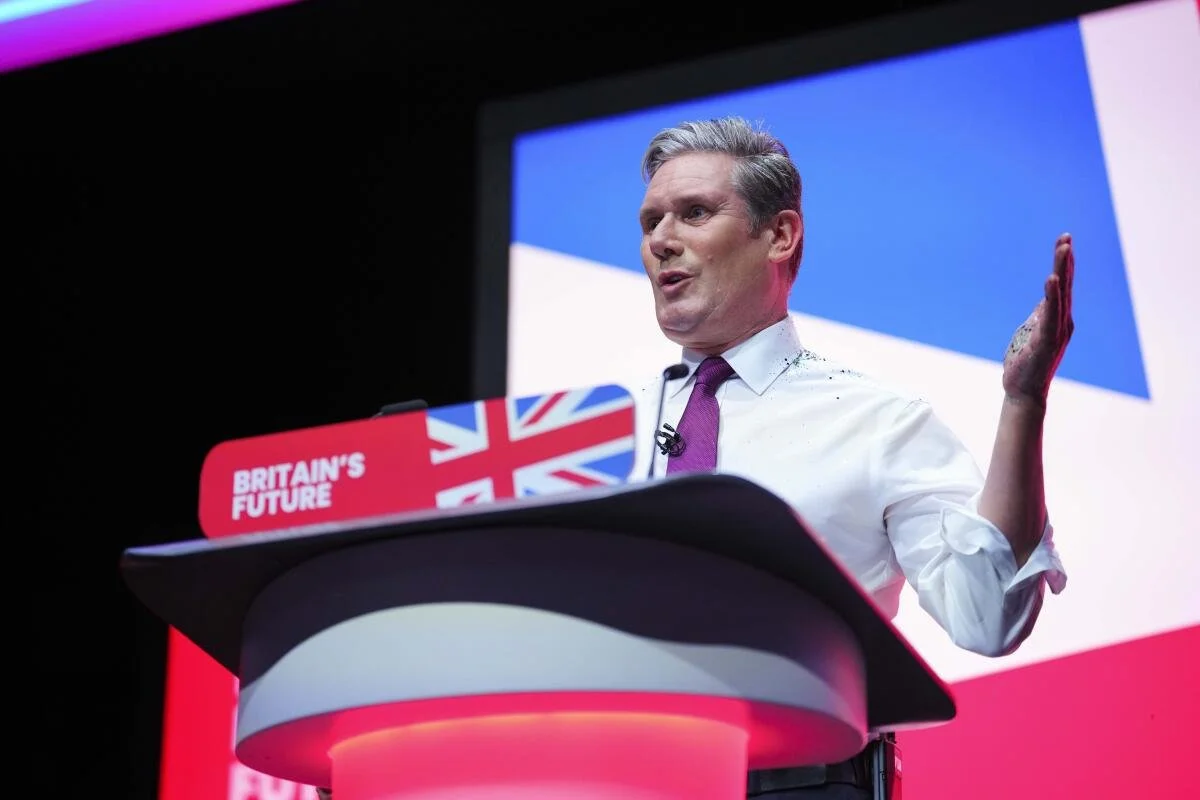
Insight
The Comprehensive Spending Review – Making Labour Choices
By Anna Yearley OBE,
Senior Counsel
The dust has settled and Labour MPs having waited for the most anticipated fiscal event of the year finally have their answers. With health and defence the big winners (along with slightly surprising wins for Angela Rayner and affordable house building and Ed Miliband and carbon capture and the nuclear industry) we now know the direction of government spending for the next three years. This was very much a Labour spending review with the Chancellor setting out both the choice the country faces and the choices this government are making. Britain is now on track to be a “National Health State” with almost 50% of all government spending going on health by the end of the decade. This was a deliberate decision by a Labour Chancellor committed to improving the NHS and improving the nation’s health. Success or failure on NHS waiting lists could also mean winning or losing the next election so it is also smart politics. This is in stark contrast to many departments seeing increases of just 0.4%. Politics is after all, all about choices.
Throughout her forty-five minute speech, the Chancellor took us on a rollercoaster journey cramming in the names of as many Labour constituencies who would directly benefit from the announcements as possible. Whilst this is great for those MPs in those constituencies who can now go and extoll the virtues of the CSR and what it means locally, there’s already some grumbling from MPs not name checked that there's nothing for them to sell to their constituents and that whilst they have been asked to go out and sell the government’s plans they wish they Prime Minister and Chancellor were better at doing so themselves.
It’s clear from last Wednesday that the government have Reform firmly in their sights. The announcement on asylum hotels coupled with the attacks on Reform’s unfunded spending commitments shows the government are clear about who their biggest threat is come 2029 (not to mention the number of jokes aimed at Nigel Farage and his party). The announcement that we will end the use of asylum hotels by 2029 was some red meat to those in the party who fear that immigration will be defining issue come the next election and was widely supported by the Red Wall group of Labour MPs.

Day to day spending might be tight but they have splashed the cash on capital spend with big drives to build more housing and improve our transport and energy infrastructure.
The big elephant in the room remains welfare. All the extra money being spent on health and defence will simply mean less to be spent on Britain’s huge welfare bill. With the much anticipated Welfare Legislation coming down the track before the summer recess the support the Chancellor saw from the Labour benches last week may well dissipate pretty quickly once MPs have to vote. Rumours are that concessions will be made on the personal independence payments but it’s not clear that will be enough to buy off some very concerned backbenchers.
Talking of elephants in the room, the specter of tax rises remain firmly on the horizon. Whilst the government continue to rule out tax rises for working people, there is a heavy assumption that Council Tax will continue to rise by 5% a year in each year going forward. And as the five missions seem to have taken a back step (if not been ignored entirely in this statement) it’s clear that the only show in town for this government is economic growth. Day to day spending might be tight but they have splashed the cash on capital spend with big drives to build more housing and improve our transport and energy infrastructure. Whether this will be enough to generate the growth the economy needs is still unclear and given that it’s highly unlikely any of these projects will be completed by the next election, the government will be hoping that voters thank them for starting. It’s also interesting to commit to so much capital spend so early on in the parliament, meaning almost certainly there will be less money available for a pre election give away. What however does seem certain is that government borrowing is reaching its limits so there is worry (including from influential think tanks the IFS and the Resolution Foundation) that if economic growth remains slow, tax rises may well be on the cards come the budget in the Autumn.
The Chancellor gave a rallying cry to the Parliamentary Labour Party at their meeting on Wednesday evening to go out into their constituencies and sell the CSR. Many are happy to do so but whether come the time of the next budget they will still be taking her up on that offer remains to be seen.
Anna Yearley OBE, Senior Counsel Lexington. Anna was a former No 10 Downing Street advisor to Gordon Brown, Political Director to Ed Miliband as Leader of the Opposition and a charity chief executive for ten years.









